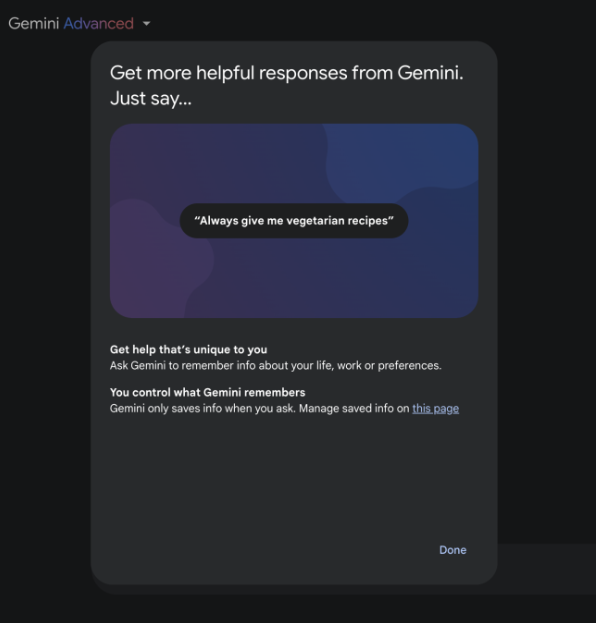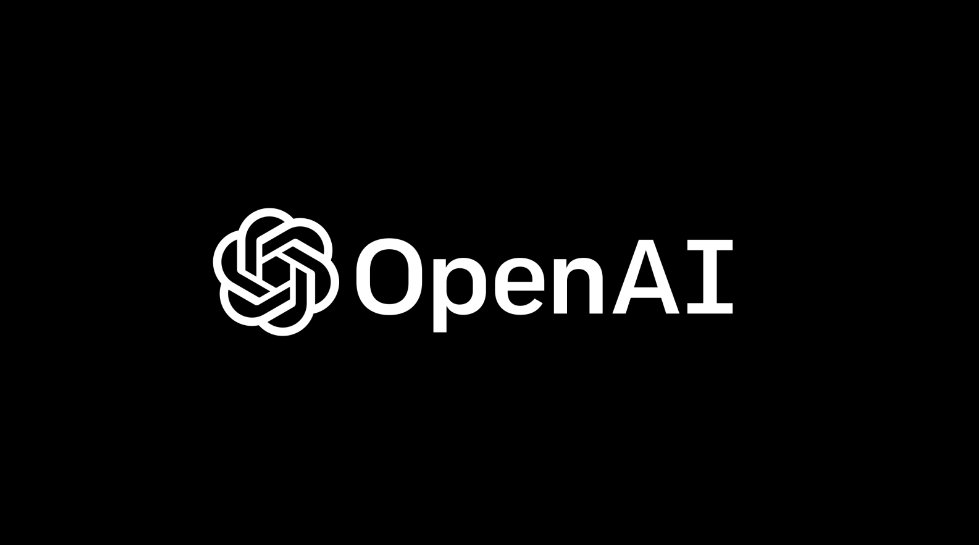Google's AI chatbot Gemini recently launched an important update - the "memory" function, which allows the AI assistant to remember the user's life information, work content and personal preferences, thereby providing a more personalized service experience.
This new feature is currently only available to users who subscribe to the $20 per month Google One AI Premium plan, and is currently only supported on the web page and has not yet been launched on iOS and Android applications. It’s worth noting that currently only English input is supported.
Specifically, Gemini’s memory function can help users realize a variety of practical scenarios. For example, after a user tells Gemini what food they like, the next time they ask for restaurant recommendations, AI can provide more targeted suggestions based on the user's taste preferences. Google also shows other practical examples in the interface, such as "use simple language and avoid jargon", "I only know JavaScript programming" and "include daily expenses when planning travel".

Google emphasizes that users can turn off the memory function at any time, but the stored memory content needs to be manually deleted before it disappears. More importantly, a Google spokesperson made it clear that this memory information will not be used for model training, nor will it be shared with others.
However, the safety of this type of memory function deserves concern. Earlier this year, a security researcher discovered that hackers could plant "fake" memories in ChatGPT to continue stealing user data. This discovery reminds us that the memory function of AI systems requires stricter safety protection measures.
The launch of this feature reflects the trend of AI assistants becoming more personalized and intelligent, but it also triggers thinking about user privacy protection and data security. How to ensure user data security while providing convenience will be an important issue that AI service providers need to continue to pay attention to.
AI courses are suitable for people who are interested in artificial intelligence technology, including but not limited to students, engineers, data scientists, developers, and professionals in AI technology.
The course content ranges from basic to advanced. Beginners can choose basic courses and gradually go into more complex algorithms and applications.
Learning AI requires a certain mathematical foundation (such as linear algebra, probability theory, calculus, etc.), as well as programming knowledge (Python is the most commonly used programming language).
You will learn the core concepts and technologies in the fields of natural language processing, computer vision, data analysis, and master the use of AI tools and frameworks for practical development.
You can work as a data scientist, machine learning engineer, AI researcher, or apply AI technology to innovate in all walks of life.







